July 16 is a day that's on our calendar every year because it's
a day when we can share our love for snakes with the world! World Snake Day is
really every day for us at The Orianne Society as we work to conserve reptiles
and amphibians through our various initiatives using science and
boots-on-the-ground action.
But this July is all about snakes. Whether we're at outreach
events or working in the field, we encounter people of all backgrounds that
have many views of what snakes mean in their lives. We hear some wonderful
stories and particularly enjoy seeing people like our members who are out there
spreading the word about how awesome snakes are and how important they are in
our world. And we also meet many people who hear and believe myths about snakes
that simply aren't true—but these myths have been perpetuated in communities
for so long that they become assumed truth.
So this year for World Snake Day, we are sharing facts and busting
myths about snakes to let everyone know that snakes need love, too!
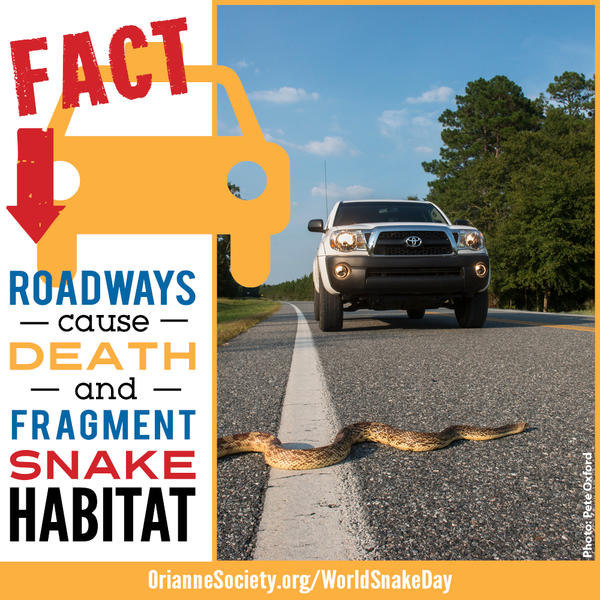
Roadways are arguably one of the top threats to snakes
worldwide. “Why did the snake cross the road?” Snakes cross roads in order to
find food, shelter and mates, so when roads fragment habitats within their
ranges, snakes are more likely to be killed by vehicles. In addition to
unintentional road mortality, one study showed that 8 out of 10 people
purposefully swerved to hit what they thought was a snake while driving.
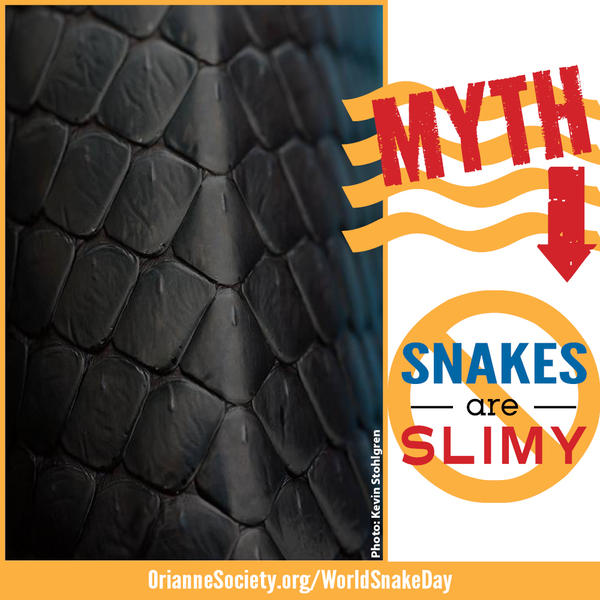
We’ve heard all kinds of adjectives used to describe snakes,
including slimy, slithery, scary, dangerous, bad, cold-blooded and scaly. These
negative words go a long way to shape the perceptions of these animals in our
communities. So for #WorldSnakeDay, we challenge you to use positive words that
truly encompass the way snakes should be viewed by the world: beautiful,
magnificent, awe-inspiring, valuable, exceptional, amazing and stunning.
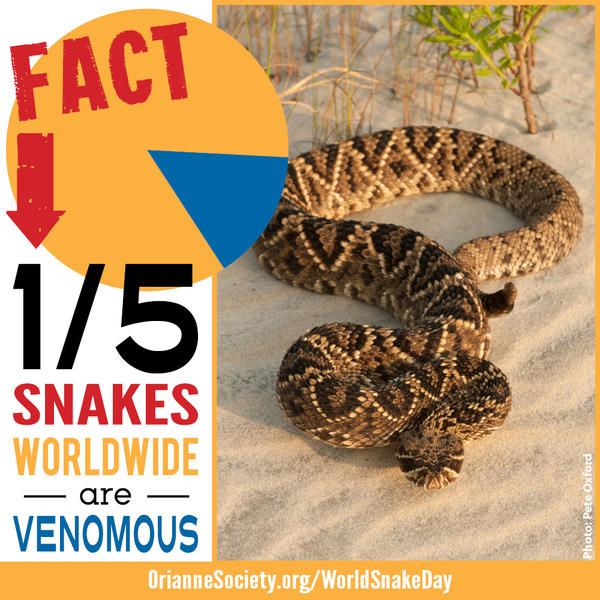
One in five snake species worldwide are venomous, but these
snakes are at much higher risk than their nonvenomous counterparts of being
killed due to human misconceptions. They also receive only a fraction of a
percent of financial support for conservation by federal or state agencies
within the United States. We see the value in ALL snakes and include venomous
snakes in our conservation planning within each of our initiatives.
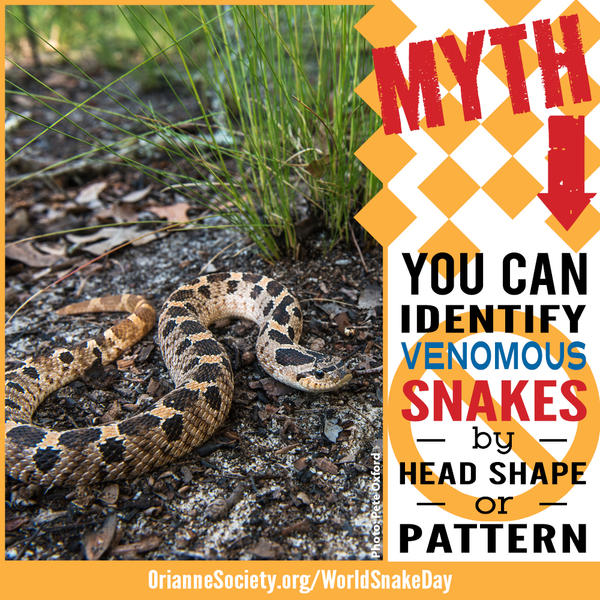
Human persecution is a major challenge for snake
conservation, and snake identification is key to educating people about snakes.
Relying on head shape or pattern to identify snakes is not an accurate
identification method. Instead, it’s important to learn more about the snakes
that live in your area so that you can ID them better. It also helps to better
understand them so they can be respected equally for their contribution to
their ecosystem, whether venomous or nonvenomous. A good snake is always a live
snake!
Follow The Orianne Society on Facebook, Instagram and Twitter to
see all of our World Snake Day facts and myths @OrianneSociety using #WorldSnakeDay
and #SnakesNeedLoveToo.
World Snake Day is all about learning more about these awe-inspiring animals! We work with several snake species within each of our initiatives in order to conserve their populations and restore and maintain their habitats. We measure the movements and patterns of Eastern Indigo Snakes to see how they respond to habitat fragmentation and non-natural landscapes in South Georgia and northern and central Florida. We are monitoring Snake Fungal Disease and its effects on Timber Rattlesnakes in the Northeast Kingdom. We are finishing up our Conservation Action Plan for Eastern Diamondback Rattlesnakes and are using locality data to assess the extent of suitable habitat for them in Georgia and Florida. And we’ve been working with our partners and local communities to identify methods of tracking bushmasters and to create educational programs about venomous snakes in Costa Rica.
You can learn more about each of the snake species we are working to conserve at www.OrianneSociety.org/WorldSnakeDay.













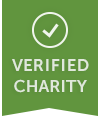
Supporters
I've always been enamored by snakes... They're my favourite animal.
I am an aspiring herpetologist & I want to share my love for snakes & other herps by informing others about their conservation!
I Love Snakes!!
I am supporting because snakes do need love, too!
Orianne Society Field Technician, Kiley Briggs inspired me to care for all reptiles and amphibians!